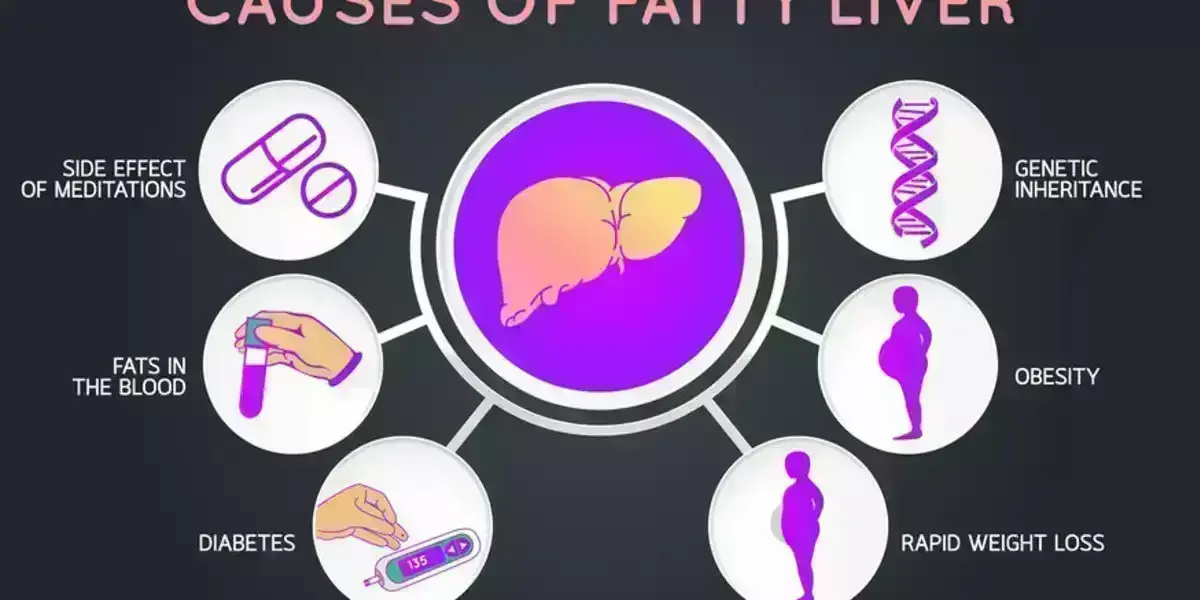- Home
- Medical news & Guidelines
- Anesthesiology
- Cardiology and CTVS
- Critical Care
- Dentistry
- Dermatology
- Diabetes and Endocrinology
- ENT
- Gastroenterology
- Medicine
- Nephrology
- Neurology
- Obstretics-Gynaecology
- Oncology
- Ophthalmology
- Orthopaedics
- Pediatrics-Neonatology
- Psychiatry
- Pulmonology
- Radiology
- Surgery
- Urology
- Laboratory Medicine
- Diet
- Nursing
- Paramedical
- Physiotherapy
- Health news
- Fact Check
- Bone Health Fact Check
- Brain Health Fact Check
- Cancer Related Fact Check
- Child Care Fact Check
- Dental and oral health fact check
- Diabetes and metabolic health fact check
- Diet and Nutrition Fact Check
- Eye and ENT Care Fact Check
- Fitness fact check
- Gut health fact check
- Heart health fact check
- Kidney health fact check
- Medical education fact check
- Men's health fact check
- Respiratory fact check
- Skin and hair care fact check
- Vaccine and Immunization fact check
- Women's health fact check
- AYUSH
- State News
- Andaman and Nicobar Islands
- Andhra Pradesh
- Arunachal Pradesh
- Assam
- Bihar
- Chandigarh
- Chattisgarh
- Dadra and Nagar Haveli
- Daman and Diu
- Delhi
- Goa
- Gujarat
- Haryana
- Himachal Pradesh
- Jammu & Kashmir
- Jharkhand
- Karnataka
- Kerala
- Ladakh
- Lakshadweep
- Madhya Pradesh
- Maharashtra
- Manipur
- Meghalaya
- Mizoram
- Nagaland
- Odisha
- Puducherry
- Punjab
- Rajasthan
- Sikkim
- Tamil Nadu
- Telangana
- Tripura
- Uttar Pradesh
- Uttrakhand
- West Bengal
- Medical Education
- Industry
Elevated liver enzyme levels tied to risk of incident type 2 diabetes in obese patients

Among obese individuals, elevated liver enzyme levels tied to risk for incident type 2 diabetes suggests a new study published in the Acta Diabetologic
The role of liver steatosis and increased liver enzymes (ALT) in increasing incident type 2 diabetes mellitus (T2DM) is debated, because of their differential effects on different ethnicities and populations. The aim of this study was to evaluate the role of elevated ALT in the development of T2DM in non-diabetic obese subjects receiving routine medical treatment.
A total of 1005 subjects [296 men and 709 women, aged 45.7 ± 13.12 years, body mass index (BMI) 39.5 ± 4.86 kg/m2] were followed for a mean period of 14.3 ± 4.44 years. Subjects were evaluated for several metabolic variables, including the triglyceride-glucose index and the presence of metabolic syndrome (IDF 2005 definition), and were subdivided into ALT quartiles.
Results
T2DM developed in 136 subjects, and the difference was significant between the first and the fourth ALT quartile (p = 0.048). Both at univariate analysis and at stepwise regression, ALT quartiles were associated with incident T2DM. Traditional risk factors for T2DM coexisted, with a somehow greater predictive value, such as triglyceride-glucose index, age, arterial hypertension, LDL-cholesterol, and metabolic syndrome.
These data suggest an association between elevated ALT levels and the risk of incident T2DM in obesity.
Reference:
Folli, F., Pontiroli, A.E., Zakaria, A.S. et al. Alanine transferase levels (ALT) and triglyceride-glucose index are risk factors for type 2 diabetes mellitus in obese patients. Acta Diabetol (2023). https://doi.org/10.1007/s00592-023-02209-6
Keywords:
Among, obese, individuals, elevated, liver, enzyme, levels, tied, risk, for, incident, type 2 diabetes, Acta Diabetologic, Folli, F., Pontiroli, A.E., Zakaria, A.S
Dr. Shravani Dali has completed her BDS from Pravara institute of medical sciences, loni. Following which she extensively worked in the healthcare sector for 2+ years. She has been actively involved in writing blogs in field of health and wellness. Currently she is pursuing her Masters of public health-health administration from Tata institute of social sciences. She can be contacted at editorial@medicaldialogues.in.
Dr Kamal Kant Kohli-MBBS, DTCD- a chest specialist with more than 30 years of practice and a flair for writing clinical articles, Dr Kamal Kant Kohli joined Medical Dialogues as a Chief Editor of Medical News. Besides writing articles, as an editor, he proofreads and verifies all the medical content published on Medical Dialogues including those coming from journals, studies,medical conferences,guidelines etc. Email: drkohli@medicaldialogues.in. Contact no. 011-43720751


